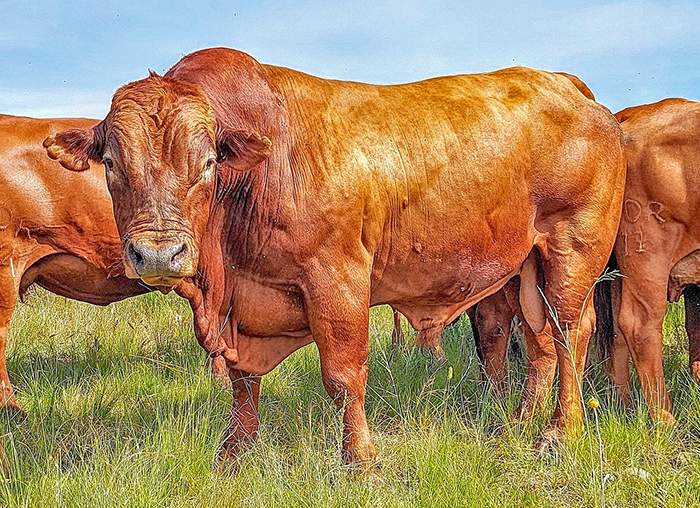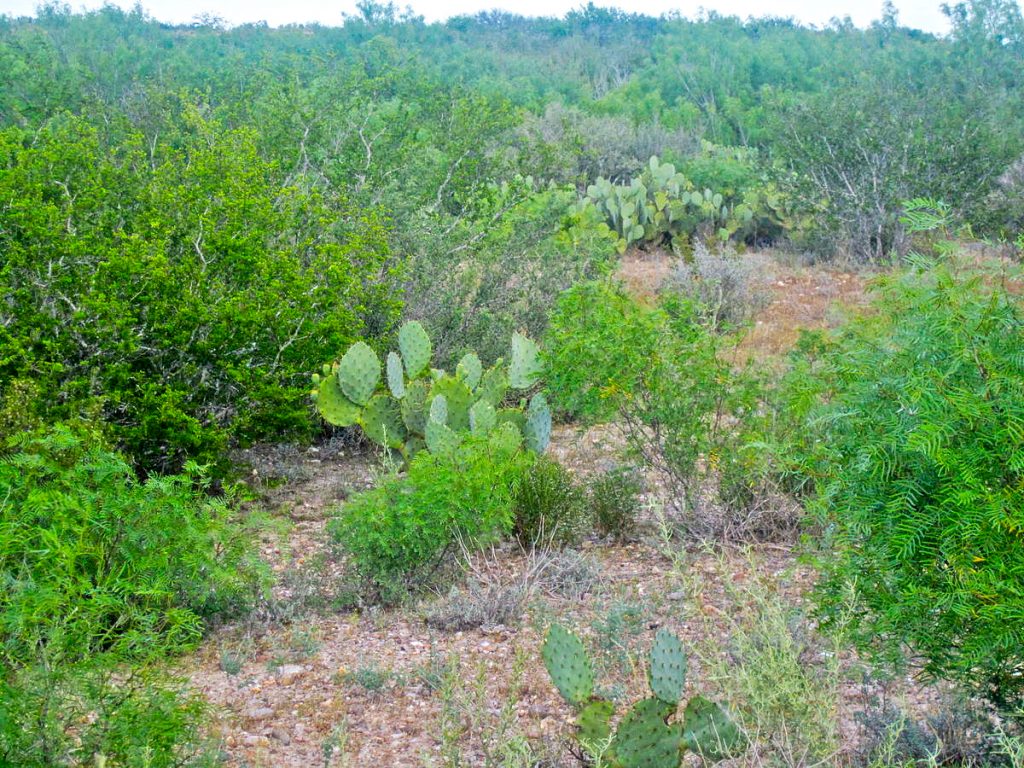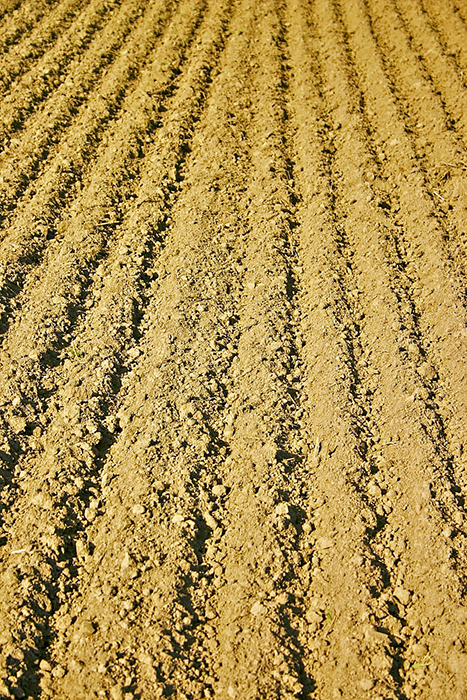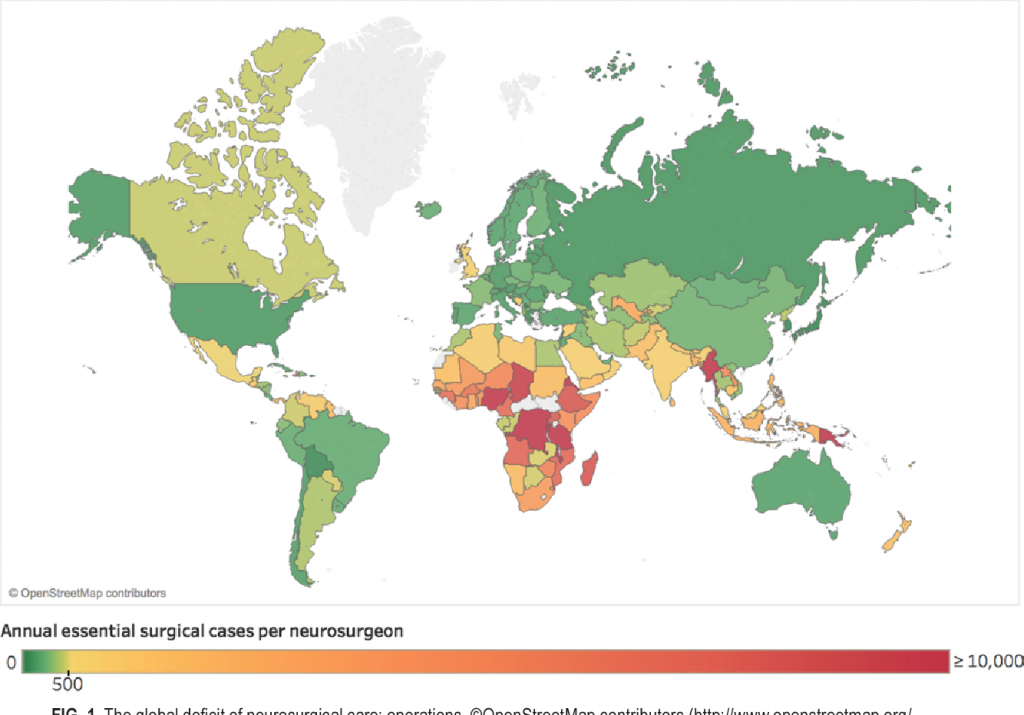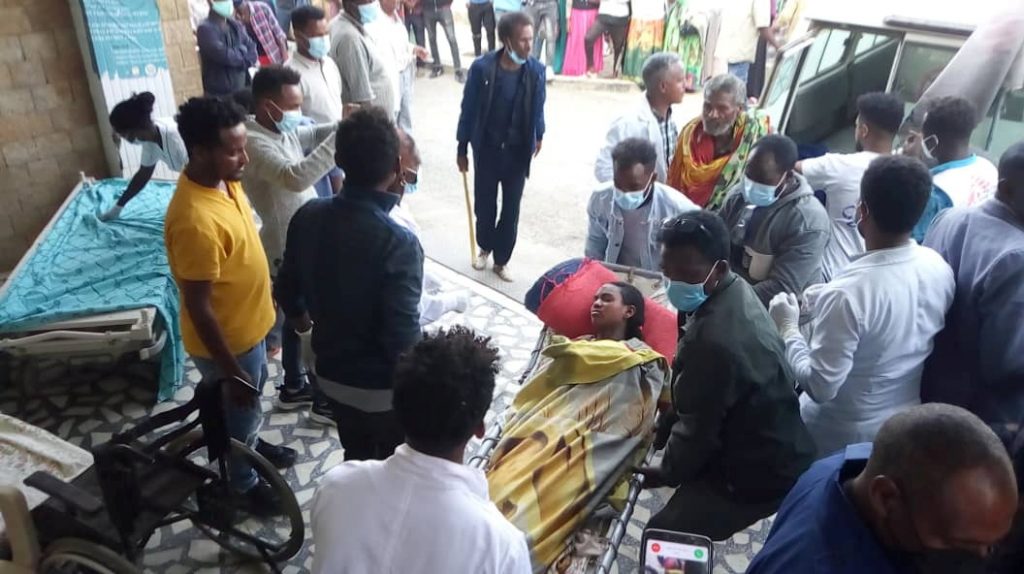
Being in the middle of the Tigray-Ethiopian conflict for three months and now following it I have pondered about were do health care workers duties fit into this all too common human situation. In the midst of war questions may come up about what are called conflicts of dual loyalty for doctors. However physicians of the Jewish, Christian, and Islamic faith recognize that they have a duty to their patients be they ally or enemy. This ethic goes back to the times of the medical scholars Hippocrates, Maimonides, and Al-Ṭabarī.
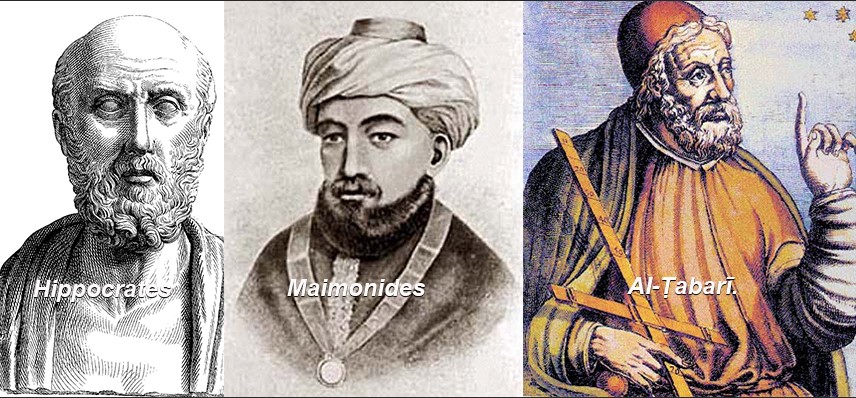
The Jewish rabbi physician Maimonides in discussing his interpretation of the Jewish law in the Mishneh Torah said that everyone who found anyone missing a possession should have it returned to him. That included health which meant physicians had to treat all comers including those of different faith and ethnicity. He said “ On the basis of this reasoning, the art of medicine is given a very large role with respect to the virtues, the knowledge of God, and attaining true happiness. To study it diligently is among the greatest acts of worship.”
Religious medical scholars on ethics of the Jewish, Christian, and Islamic faiths have given a very large role with respect to the virtues, the knowledge of God, and attaining true happiness. Al-Ṭabarī , Islamic and medical scholar, expanded upon Hippocrates incorporating Islamic principles found in the Qur’an of dignity of the individual, charity, dutiful study of the healing arts, and faith playing a role in the formation of a good healer.
Christians are familiar with the parable of the Good Samaritan where Jesus tells the story of an abandoned injured man presumable a Jew on the road between Jericho and Jerusalem a place of frequent violence who was ignored by a Jewish priest and a Levite. Traditionally there was hatred between Samaritans and Jews but when a Samaritan encounters him he decides to render him aid and pays his expenses to recover in an inn. Jesus demonstrates charity when asked Who is my neighbor? The response is that all men are our neighbors (All men are a part of God’s loved creation?)
The Islamic faith has long seen medical practice has having an intimate relationship with their faith. A good physician is a faithful one who shows mercy and charity to all men. Incorporating their beliefs into a commonly used oath of which a partial quote is “The doctor will protect human life in all stages, in all circumstances and conditions, and will do his utmost to rescue it from death, disease, pain, and anxiety. He will extend his medical care to the near and the far, to the virtuous and the sinner and to friend and enemy.”
There is a shared believe among the descendants of the covenant that Abraham made with God so many centuries ago that physicians have a common ethic to care for all who are in need.
Although health care providers around the world have been consistent in following this universally accepted moral imperative especially since the medical experimentation done by the Nazis the same cannot be said about the destruction of medical facilities and killing of health care workers. Although the United Nations and member countries have signed multiple treaties forbidding these actions. Despite these diplomatic measures ongoing research has shown their progression.
In Ethiopia during the onset of the Tigray-Ethiopia-Eritrea conflict I spoke with physicians and nurses who had to escape military bombardment and ransacking of medical facilities in Humera, Axum, Adigrat and other places often killing both staff and patients. One wonders what if any consequences will come of these illegal war crimes?




